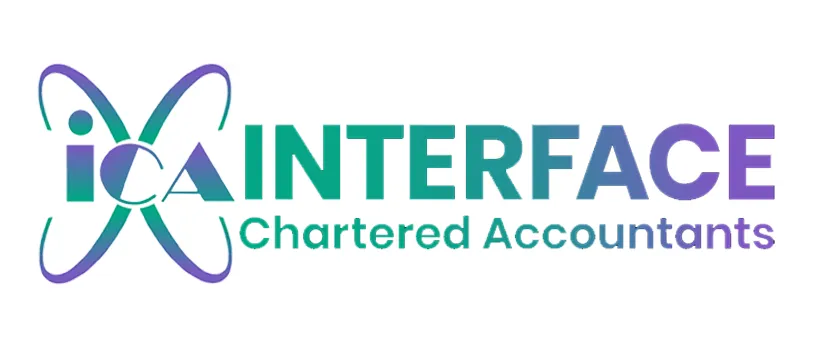Is it necessary for me to preserve my self-assessment tax documents for a certain amount of time?
We’ve just passed the deadline for filing 2021-22 Self-Assessment tax returns. Reviewing the regulations for retaining your pay and tax records might be a beneficial exercise. There are no hard and fast guidelines for keeping records. However, you’ll almost always have to keep them on paper, digitally, or as part of a software application.
If you’re keeping records for a personal (non-business) Self-Assessment tax return, you must preserve them for 22 months after the end of the tax year in question. This implies you should maintain all records from the tax year that concluded on April 5, 2022, until at least January 31, 2024. If you file a late Self-Assessment return, you must preserve your records for at least 15 months after the tax return was filed.
The following are examples of the types of records you should keep:
- Employment income e.g., P60, P45 or P11D forms.
- Keep track of your expenses if you’ve had to pay for things like tools, travel, or work-related clothing.
- Earnings from employee stock options or other stock-related benefits.
- Savings, pensions and investments.
- Pension income.
- Rental income records e.g., analysis of rental income and details of expenses.
- Income subject to Capital Gains Tax.
- Any Foreign income.
- Any State benefits.
Please keep in mind that this is not an exhaustive list. Any other important records used in producing your Self-Assessment return should be kept.
There are different time restrictions for maintaining records if you need to keep them for other reasons. Self-employed people, for example, must preserve business records for at least 5 years beyond the 31 January deadline for the tax year in question. This means you must preserve your records until at least the end of January 2028 for the 2021-22 tax year (filing deadline 31 January 2023). There are consequences for neglecting to keep proper records or keeping records that are inaccurate.
 Skip to content
Skip to content

